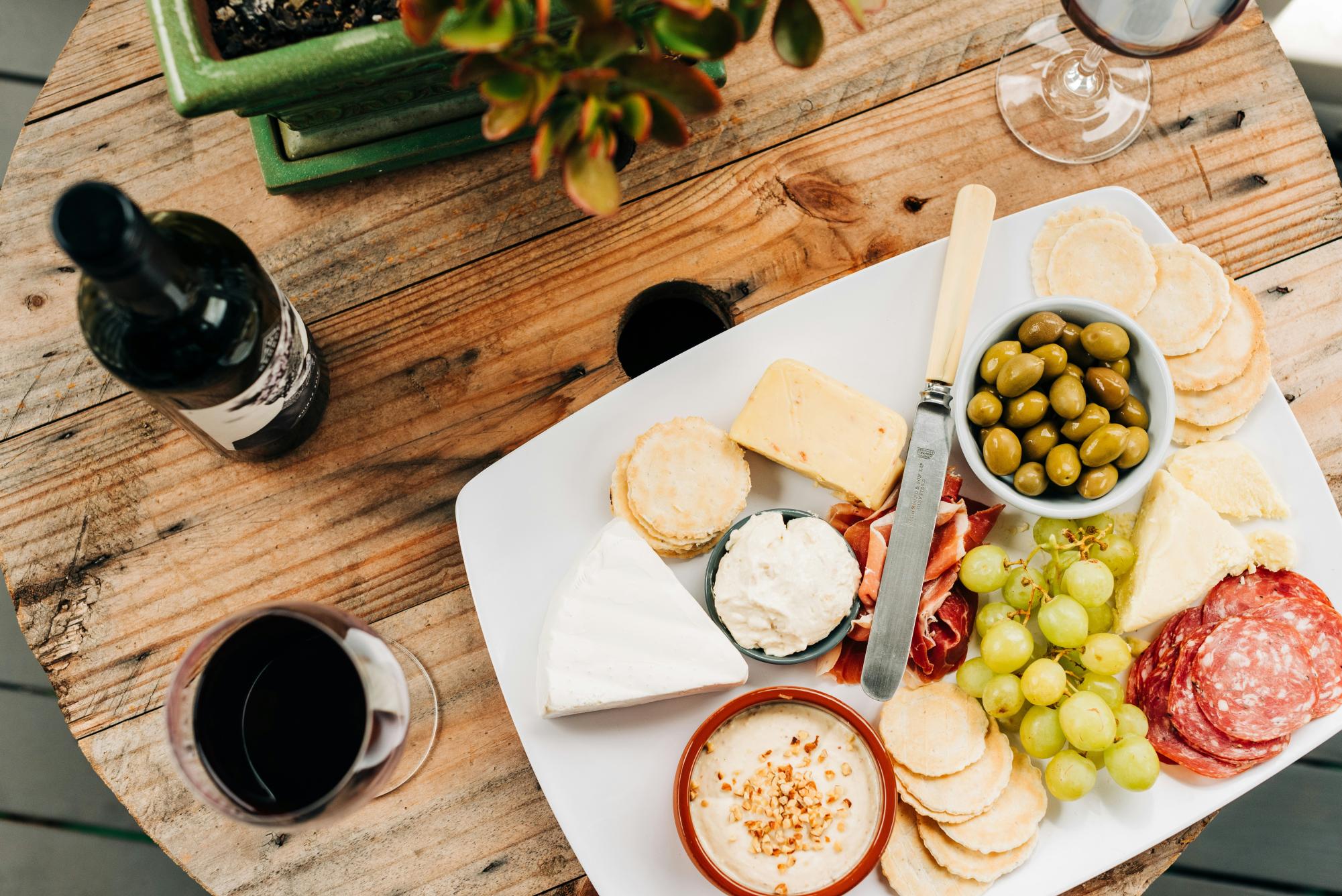Popular French cheeses such as Brie and Camembert are expected to go extinct due to the lack of microbial diversity. Cheese is composed of numerous fungi and bacteria that can turn protein and milk fats into different compounds to develop distinct flavors of cheese. As many know, cheese contains bits of mold and there are over 100,000 different species of mold in the world. Thus, it may seem impossible that cheeses are going extinct with so many strains of mold. It’s important to understand, however, that mold going extinct is most common in cheese products.
The decline of microbial diversity will affect Camembert and Brie the most because of their need for a specific strain of mold. Microbial diversity can be defined as the number of microbial organisms present in a certain environment. The issue is that many signature French cheeses such as Brie and Camembert primarily rely on one strain of fungi called Penicillium camemberti. Cheesemakers tend to make this particular strain of fungi manually because it cannot reproduce with other fungi to produce new genetic diversity, according to The Smithsonian Magazine. Recently, because of genetic mutations, scientists are finding it harder to manually reproduce the fungi. The mutations are why the beloved French cheese won’t disappear all at once, but rather, will be more tricky to produce in the lab.
A century ago, Brie and Camembert weren’t solely made of Penicillium camemberti, but another strain of fungi called Penicillium biforme where each strain was genetically different so every cheese smelled, looked, and tasted slightly different. People discovered a new type of strain in mold called Penicillium camemberti that was more appetizing and appealing to the cheese industry and eventually the diverse group of mold strains disappeared from disuse. Since Penicillium camemberti isn’t found in the wild but domesticated, it grows increasingly harder to reproduce and receives a wider pool of genetic variation. “It’s very important to preserve diversity, even in microorganisms, and in particular those we use for making food,” Jeanne Ropars, an evolutionary genetics researcher, told Culture Magazine.
The news that Brie and Camembert will eventually go extinct devastated many cheese lovers and mourned the possible extinction of stinky cheese all over social media. Some are said to plan on enjoying the cheese before it goes completely extinct, and some are stocking up on the cheese at home.
However, French cheeses are not only a delicious snack, but they are also a source of national pride for the French. “What is the typical image of France?” Anne-Marie Cantin, a Camembert expert, told CNN. “A bottle of red wine, a baguette, and a Camembert. It’s our national cheese.”
This does not mean that cheese is going to be completely wiped out. Only certain types of cheese will be difficult to produce because of the lack of microbial diversity and will not have the same taste as it possessed before. This is because cheese is not mold or the product of mold. According to Wisconsin Cheese, some varieties of cheese may have added mold to enhance the texture of flavor, but mold is not necessarily the entirety of the cheese that one consumes. Additionally, due to additional research, scientists believe that modifying Penicillium biforme could potentially produce French blue cheese but with a slightly funkier flavor and a variety in appearance, CNRS states.







